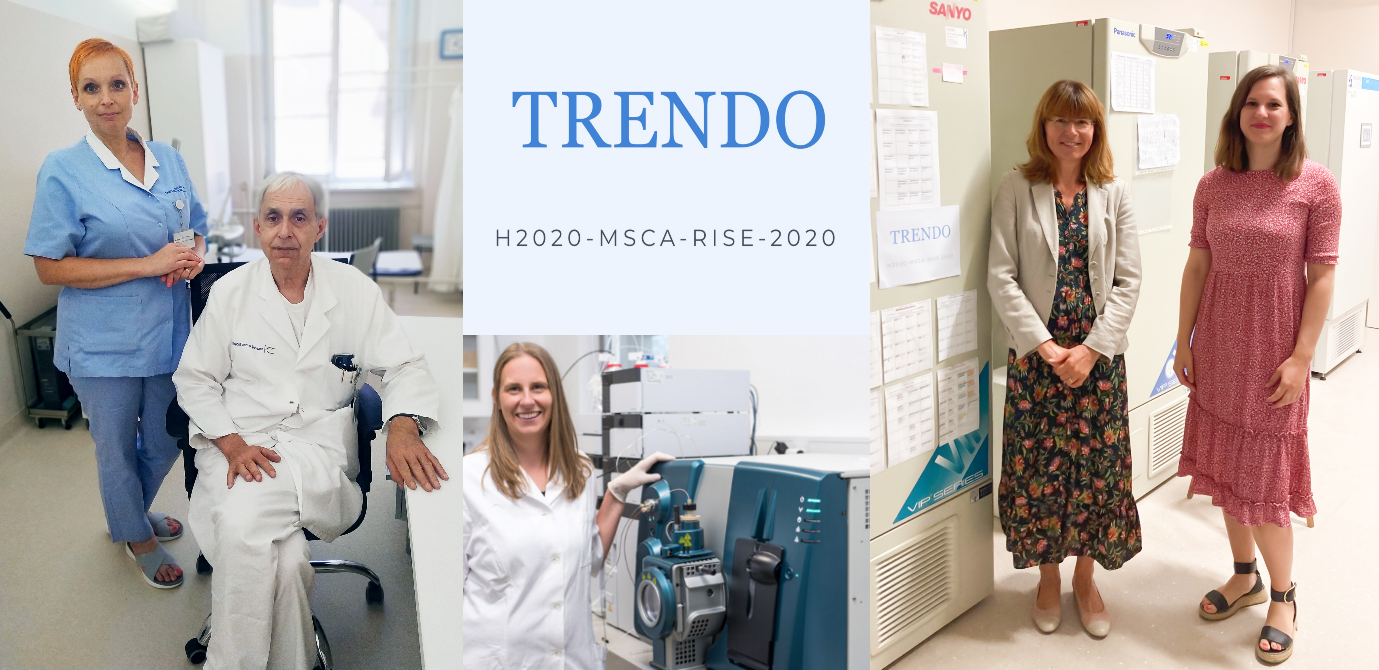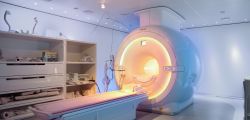New Possibilities for Diagnosis and Treatment of Endometriosis
Endometriosis is one of the most common chronic conditions, affecting up to 10% of women of childbearing age, or approximately 180 million women worldwide (www.endometriosis.org). In this complex, hormone-dependent and inflammatory condition, endometrial-like tissue grows outside the uterus. This can cause intense pain during menstruation and sexual intercourse, chronic pelvic pain and infertility. Endometriosis thus affects physical and mental health, work efficiency and, consequently, women’s quality of life. As endometriosis has non-specific symptoms, it can take a long time to make a diagnosis; a patient may have to wait as long as 7 to 10 years to learn that the cause of her pain and infertility is endometriosis. The current treatment of this condition is not optimal either, as endometriosis often recurs after surgical procedures, and the hormonal medications used have a multitude of side effects.
As part of the Horizon 2020 programme based on the “MSCA Research and Innovation Staff Exchange – RISE”, funding has been approved for a four-year project named “Translational Research on Endometriosis” – TRENDO, which will focus on the possibilities of a more accurate and faster diagnosis as well as developing a more successful treatment of endometriosis. The project brings together clinical and translational researchers, as well as industrial partners from six European and one South American country, and will contribute to the discovery of biomarkers for non-invasive diagnostics and the development of new diagnostic tests for routine clinical use. The project’s objective is to develop diagnostic algorithms using approaches from genomics, transcriptomics, proteomics, metabolomics, biostatistics and machine learning, which will include combinations of different types of molecules together with clinical data, for further validation and transfer to the clinic. The project also aims to develop a more appropriate experimental model systems of endometriosis, innovative therapeutics and new ways of delivering them to cells and tissues. An important objective in addition to the scientific objectives of the TRENDO project is the transfer of knowledge between research groups and industry partners through staff exchange and additional training in the form of workshops, conferences, career training and webinars.

The consortium of the TRENDO project includes the Medical Faculty of the University of Ljubljana together with the Department of Gynaecology and Obstetrics of the University Medical Centre in Ljubljana. The research group lead by Prof. Dr Tea Lanišnik-Rižner (http://ibk.mf.uni-lj.si/groups/LabTLR/research.html) has been studying the molecular basis and biochemical markers of hormone-dependent conditions, including endometriosis, for many years. Together with Assoc. Prof. Andrej Vogler from the Department of Gynaecology and Obstetrics of the University Medical Centre in Ljubljana, they will contribute a biobank of blood samples from patients with endometriosis, as well as their knowledge and experience in this field for the purpose of discovering new biomarkers. As part of the TRENDO project, the team from the UL MF will also participate in the development of new experimental models of endometriosis and in the discovery of biomarkers using a targeted metabolomics approach with liquid chromatography coupled with mass spectrometry. The project will also involve the registered nurse Tatjana Lončar, the post-doctoral researcher Dr Maja Pušić and the Asst Dr Maša Sinreih.
The coordinator of the TRENDO project is Prof. Dr. Martin Götte from the University of Münster, Germany. The other consortium partners are the Karolinska Institute, Sweden, the University of Maastricht, the Netherlands, the Medical University of Warsaw, Poland, and the companies OxProtect GmBH, Germany, IPDX Diagnostics OU and Tervisetehnoloogiate Arenduskeskus AS from Estonia, and the National Scientific and Technical Research Council CONICET, Argentina.
Project start date: August 1, 2021
Project end date: July 31, 2025




